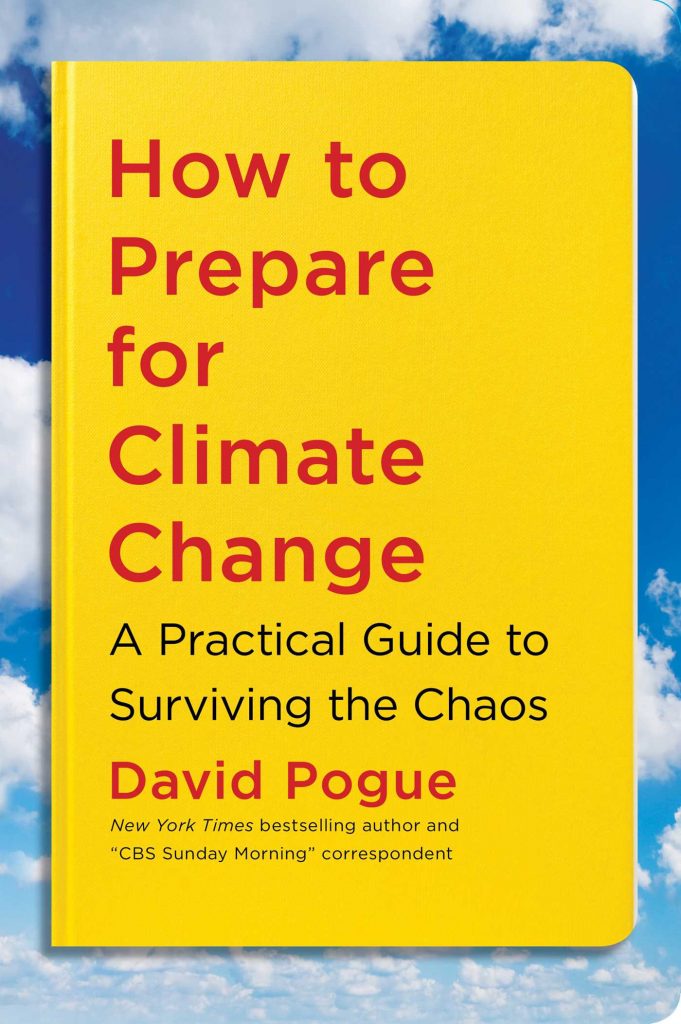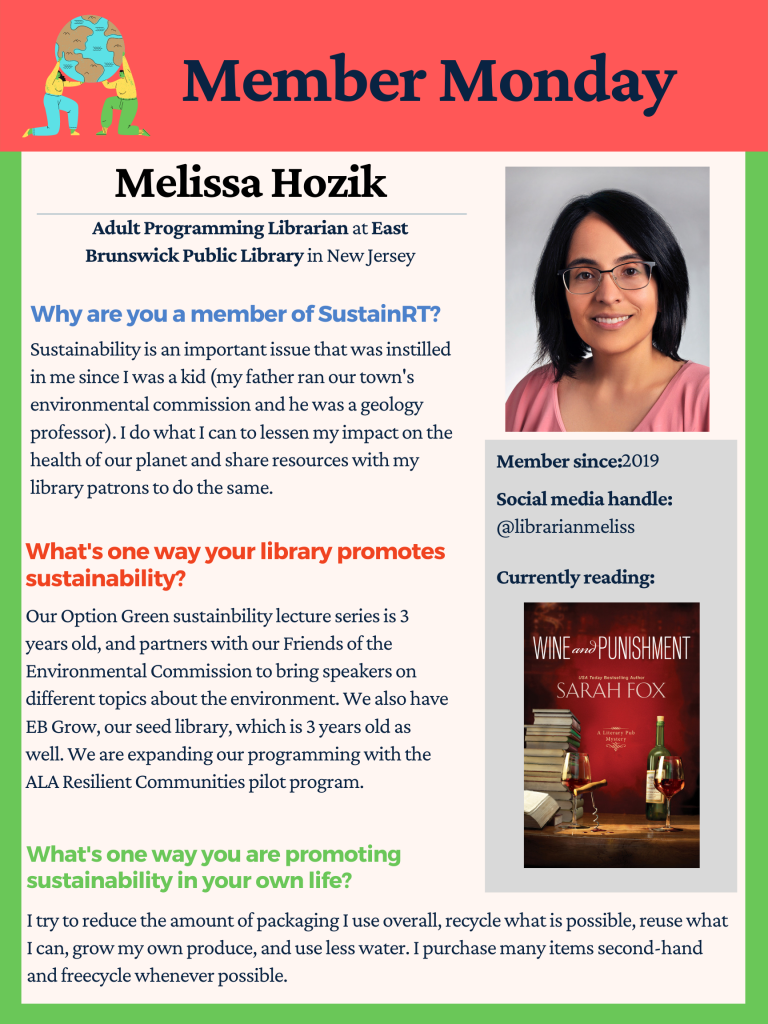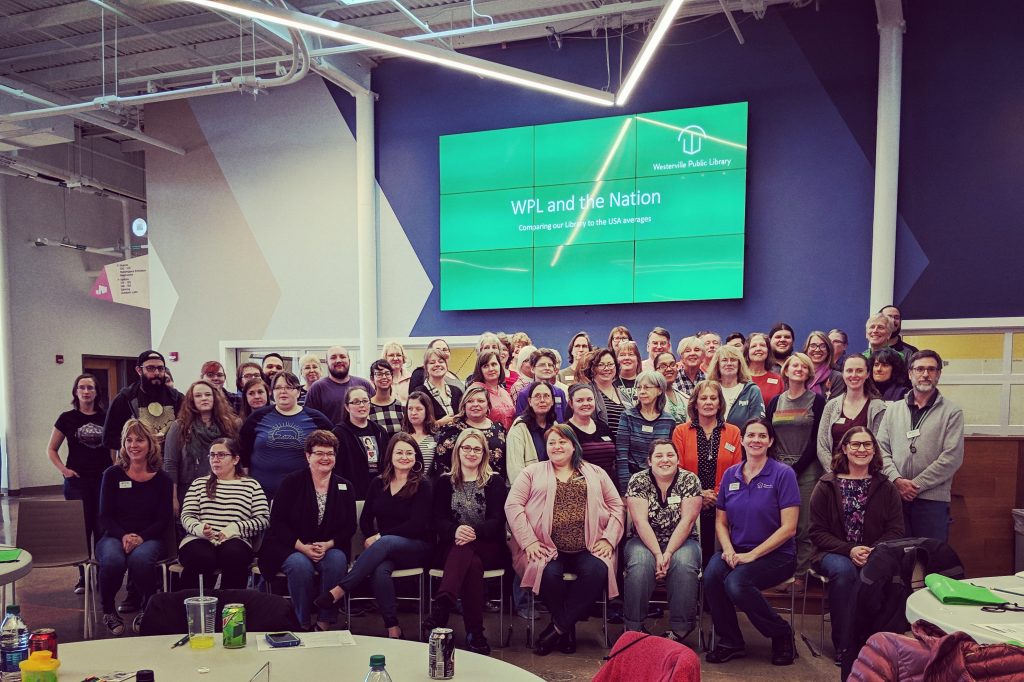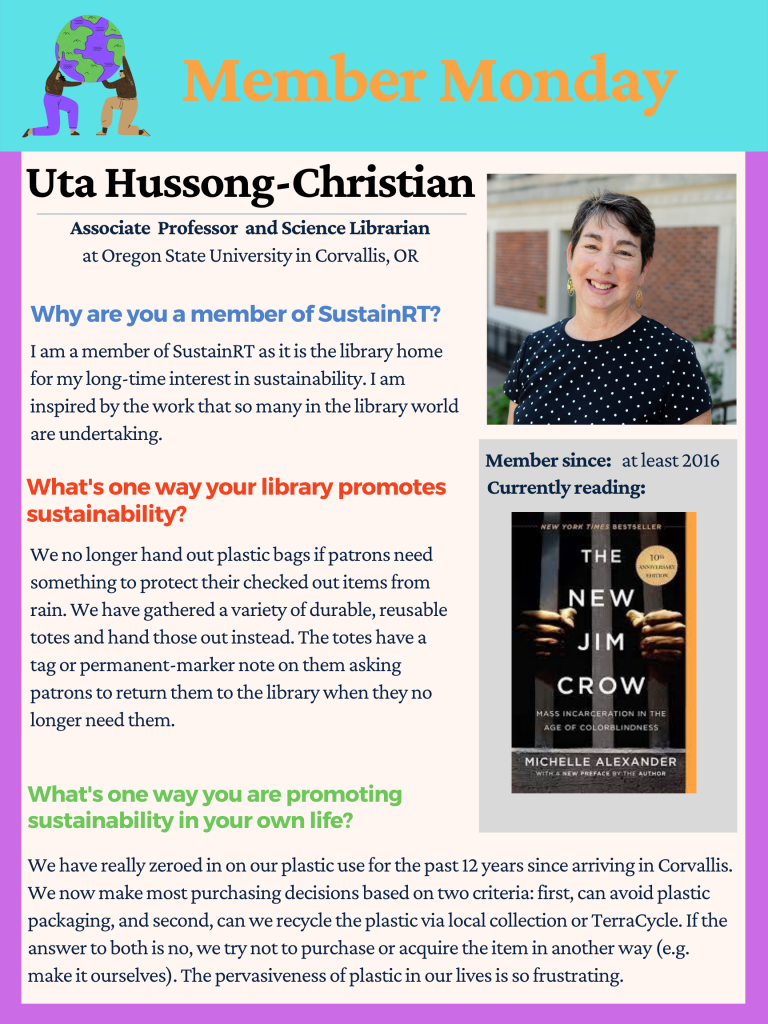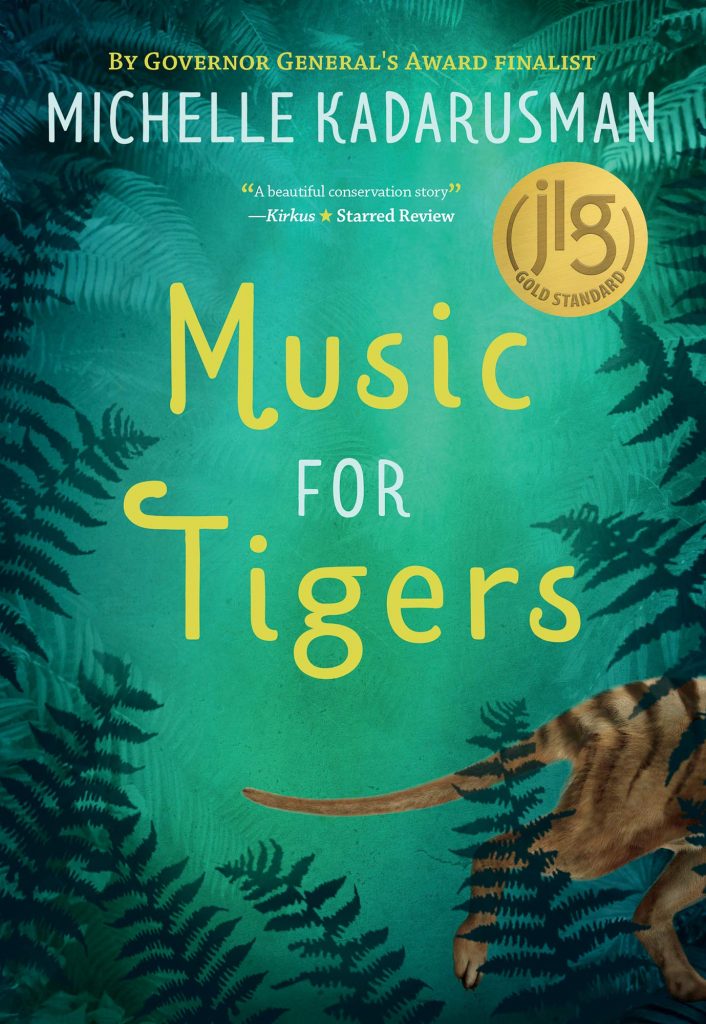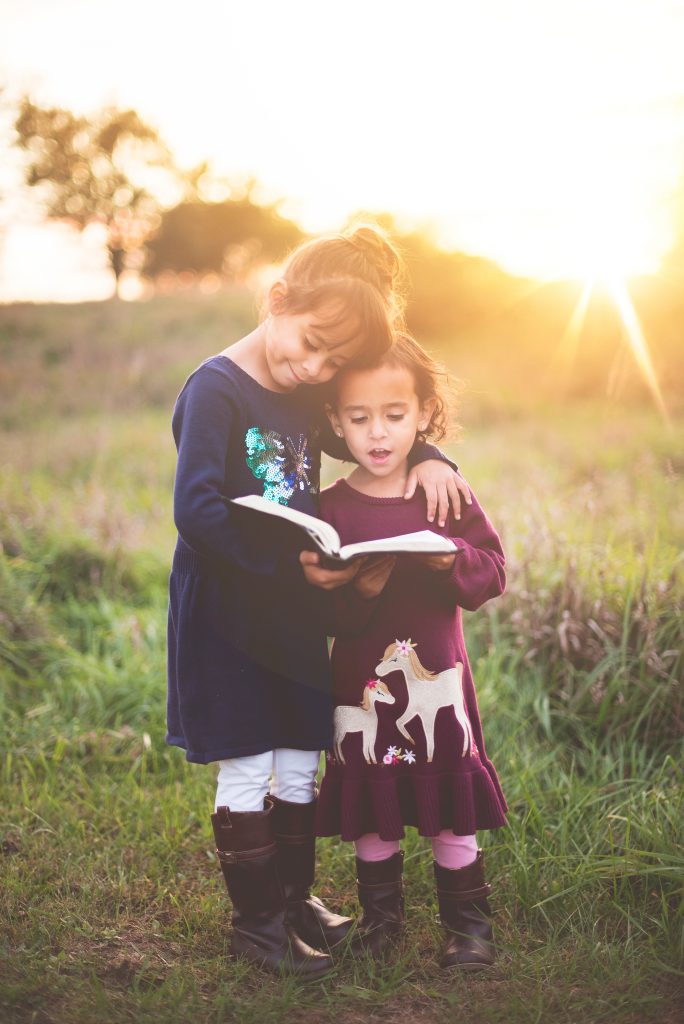Thank you to all who came out and contributed to an amazing ALA annual conference. Britt Fagerheim and the membership committee team provided us with a great social get-together before the conference, and the many accomplishments of the roundtable and its committees were reviewed at our membership meeting. We were very happy to be able to present the Westerville Public Library with the SustainRT Citation for Wellness in the Workplace for their work in bringing pay equity and a living wage to library workers. The slides from our membership meeting are available here, and you can also access a new one page-version of the SustainRT Strategic Plan, as well as the complete SustainRT Strategic Plan.
In other good news, the carbon neutrality resolution has passed! A special thanks to Sustainability Round Table Councilor Matthew Bollerman for proposing resolution CD#53. The Roundtable resolution CD#46 has also passed. You can read the recap of this council meeting from the American Libraries blog.
Missed one of the SustainRT’s programs? We also have the presentation slides, links to resources, and presentation highlights from the following programs:
SustainRT Discussion Group on Measuring Sustainability in Libraries
Library staff and stakeholders are invited to discuss measures, metrics, and systems they’ve used and are interested in using to determine their organization’s sustainability. SustainRT defines sustainability using the triple bottom for libraries to make decisions and take actions that are socially equitable, economically feasible, and environmentally sound. Some measures currently in use in libraries include the Sustainable Library Certification Program, Leadership in Energy and Environmental Design, Green Globes, Living Building Challenge, Energy Star, Net Zero Energy Building Certification, and Passive House.
Measuring Sustainability in Libraries
Sustainable Choices in Library Prizes & Promotional Materials
Join us for a conversation on addressing social, economic, and environmental sustainability in reimagining the role and utility of library swag with representatives from a variety of library settings and responsible for a variety of library programming and services. The things our libraries provide as prizes, incentives, and thank you’s to our patrons send a message to the people we serve and have an effect on our local and global communities. These exchanges can be an opportunity to build community connections, support local economies, provide experiences, and support people in making more sustainable economic and environmental choices.
- Mary Callahan (Moderator)
Children’s Librarian
Queens Public Library at Hunters Point
Long Island City, New York
Mary Callahan is a children’s librarian at the Queens Public Library at Hunters Point in Queens, New York City. Mary has worked in the Queens Public Library system for thirteen years and has a special interest in integrating science and nature into library programs for children. She worked for QPL’s innovative Children’s Library Discovery Center, which features museum-style science exhibits and a wide range of STEM programming. Her current library is home to the new Hunters Point Environmental Education Center, which hosts programs on the environment and sustainability for all ages.
- Marina Marquez
Branch Manager
Cleveland Public Library
Cleveland, Ohio
Cleveland Public Library’s East 131st Street Branch staff take a non-traditional approach to programming and embracing our core value to be TRANSFORMATIONAL. Practicing sustainability is embracing the limited resources we have through upcycling/recycling materials on hand that leads to creativity and innovation.
In addition, the Corlett Volunteens is a teen group that sets the learning agenda for youth at the branch. The Volunteens launched a teen-led book club, garden club, and created unique eco-friendly activities and opportunities (such as the Cardboard Arcade, a Newspaper Fashion Show, and a Puppet Parade) for children in the neighborhood to reconnect with their library.
- Sarah M. Vital
Business Librarian
Saint Mary’s College of California
Moraga, California
To reduce spending on and waste of minimally useful new plastic items, and to increase reuse opportunities, we’ve switched our “swag” giveaways to what students really want: school supplies! This year’s summer reading program participants will receive a branded canvas pencil bag and simple, often asked for supplies which are useful to the students and easily reused in-office if left over.
- Teri Markson
Senior Librarian
Los Angeles Public Library
Los Angeles, California
At the urging of the Summer Reading committee and library staff, the Los Angeles Public Library has made a conscious effort to steer away from the practice of buying incentives and prizes that heavily impact the environment such as plastic bags, toys and tchotchkes. Instead, we have elected to purchase fewer and more eco-friendly products manufactured either locally or in North America.
Sustainable Choices in Library Prizes Teri Markson, Senior Librarian Los Angeles Public Library
Lapl_summer_reading_prizes_flyer
- Kacper Jarecki
Queens Public Library
Peninsula, Team B
At Queens Public Library at Cambria Heights, we had partnered with our local supermarket to distribute fresh apples and bananas once a month to mostly children, but also to teens and adults. It was a great partnership because the library gave away healthy snacks that everyone enjoyed with minimal waste.

